Love, Lust & Misogyny: Welcome to Bachelor Nation
The Bachelor franchise glamorizes unhealthy relationships and promotes them to young viewers.
The Bachelor first aired in 2002 and revolves around a single bachelor who spends nine weeks with eligible bachelorettes profess their love, with weekly rose ceremonies that end with a diamond ring. The Bachelor has quickly become one of the most popular “reality” dating show.
During the course of the season, the camera crew follows the very attractive bachelor during group and one-on-one dates to get to know each of the candidates and eliminates some of them each week based on their connection.
The Bachelor has since had a whole network of successful spinoffs; The Bachelorette, Bachelor In Paradise, Bachelor Listen to Your Heart, Bachelor Pad, and The Bachelor Winter Games.
While the odds of making it down the aisle after getting engaged in Bachelor Nation are slim, several couples have surprisingly stayed together. After 19 years the popular dating show has brought seven marriages, two engagements, one dating relationship, 11 children, and many broken hearts (emphasis on many).
We have all grow to watch these beautiful people on our television screens. I mean it would be weird if they were not beautiful because the show isn’t about someone’s intelligence. A person’s looks is the only important thing about reality TV, right?
At least that’s what I’ve learned from watching The Bachelor.
I’m watching all of the gorgeous, mostly white, girls with these perfect model body types walk out of the limousine looking like a million bucks heading towards the “perfect” bachelor. In other words, Prince Charming just happens to have the ideal male body type because they workout three times a day.
Another thing I learned from watching The Bachelor. There is really only one body type represented on the show: skinny.
This show, which is supposedly all about love, only shows the one type of girl worthy of love, and I think that is setting an unfair and unrealistic example that any girl who isn’t a Size 2 will never find love.
I’m impressed with the confidence these women have to be so vulnerable while on national television. But apparently, I seem to be one of the few who view it that way.
Within the last three weeks of Season 24, I have seen thousands of Tweets relating to how bad-looking and not put together the cast is this year. Why would somebody ever think that trending for being “ the ugliest group of women seen in Bachelor Nation” ever be okay?
Marriage is supposed to be for life. This is a mockery of genuine relationships.
In last week’s episode of The Bachelor, The women had to literally compete in a pillow fight while wearing lingerie in a faux wrestling ring.
What kind of show purposefully teaches that only pretty, skinny girls can be loved, and love is just a lot of sex and romance.
Through the seasons of The Bachelor, the women are attention-seekers, willing to do whatever it takes to win. Audiences love this approach–creating this idea that women should literally fight and compete for a man’s attention because it’s the only way to earn love.
Making women compete in physical challenges for not only the attention of a man, but also to be rewarded with a singular rose, is entirely against what young women today should think and feel about love.
What happened to the idea of women supporting women and being powerful without a man?
Many young women wait in line to audition for a chance to be with the “Prince Charming” myth that a man will sweep you off your feet and the idea that there are fairy tale endings. In fact most Bachelor Nation couples don’t stay together long enough to the final premiere of the show.
I have found that the point of watching shows like The Bachelor normalizes unhealthy behavior so that young women believe that “trapping” a man only comes from sexual behavior.
The Bachelor franchise is no different than trash magazines they sell in the checkout aisles at grocery stores, filled with lies and deception to attract fans.
Up until recently, The Bachelor seemed to the only appeal to a white viewing audience due to perpetuating the white couple stereotype. Partners with just one race perpetuate stereotypes and discrimination and the show is built on this.
In 2012, ABC and Warner Horizon Television won a lawsuit that contended The Bachelor had not violated any racial discrimination laws.
Nathaniel Claybrooks and Christopher Johnson, two Nashville Residences alleged that the roles of the Bachelor and Bachelorette had failed to feature non-white cast members and that civil rights law “plainly prohibits whites from refusing to contract with African Americans because of their race.”
A federal judge dismissed the lawsuit.
Five years later, Rachel Lindsay became the first and only African-American woman to be named The Bachelorette.
Lindsay has been very vocal during various interviews that she experienced racism from viewers and the show’s lack of diversity.
In June 2020, The Bachelor revealed that Matt James would be the lead of Season 25. He is the first biracial Bachelor in the show’s history.
During the kickoff episode of Season 25 of The Bachelor, James pulled the well-known television host, Chris Harrison, aside while on live television before greeting his suitors during the premiere. In order to discuss the pressure that he had put on himself as being the first Black Bachelor.
“You’ve got people who are cheering for you to find love, and you’ve got people who are cheering for you to end up with a specific person—a specific person of a specific race. That’s something that has kept me up at night. I don’t want to piss off white people. I don’t want to piss off Black people,” said James.
Most likely the directors told James what to say, because that how this show goes. But you never know maybe James is being honest.
The timing is definitely suspicious. Having the first black bachelor after 24 seasons does seem to be a reaction to what’s happening in our country with the Black Lives Movement.
At one point 6,500 women had applied to hopefully become James’s fiancée.
Can you imagine living with 32 women while all competing for the same man?
The Bachelor franchise promotes polyamorous relationships on and off the television screen and makes it seem as though it is perfectly okay to be involved with multiple people at one time.
While some people choose to be in open relationships, others have strong opinions that being exclusive is the way to go.
Contestants have been known to become frustrated and have openly displayed their discomfort while watching their significant other be intimate with other people in the house.
While out on a date, Luke Parker, one of the final four contestants, explicitly tells Season 15 Bachelorette Hannah Brown that he does not want her to be intimate with anyone else, and cites Christianity as his reason.
“I don’t believe that’s something you should be doing. I just want to make sure that you’re not going to be sexually intimate with the other relationships here,” Parker says.
That same night, Parker was asked to pack his bags.
It doesn’t create trust in a relationship and in certain situations, it can be dangerous health-wise. Sharing multiple partners is a setup for anger, resentment, and jealousy. Sex is proven to be most fulfilling when it’s based on a relationship of trust and intimacy.
Madison Prewett, a contestant on Season 24 of The Bachelor starring Peter Weber— explained on the show that she was choosing to save herself for marriage and that eventually lead to a breakup with Weber due to his intimate relationships with the other contestants during Fantasy Suite week, a complete week of camera free dates/nights.
Prewett earned plenty of audience comment for being unwilling to participate fully.
Rather than getting to know one another, the contestants frequently spend their time making comparisons between themselves and the other contestants in an attempt to “weaken” their competitors.
The show seems to be forcing the misogynistic idea that extreme power, mentally, and physically imbalance within a relationship is acceptable and even romantic, rather than an equal relationship where each partner is valuable.
True to popular belief, people often behave differently when they know they’re being watched, especially when contestants know they’re being filmed and seen by millions of people around the world.
For any couples, television or not, this creates an unrealistic relationship, knowing our partner’s authentic self is a critical factor to knowing if they are a good match.
This show is not the way to teach the understanding of healthy relationships.
Your donation will support the student journalists of Linganore High School. Your contribution will allow us to purchase camera/recording equipment and software. We hope to raise enough money to re-start a monthly printed issue of our paper.


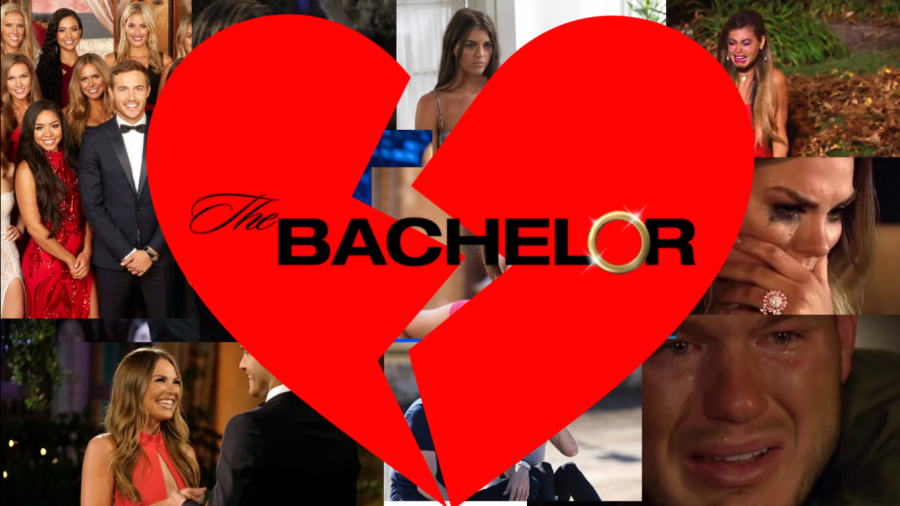
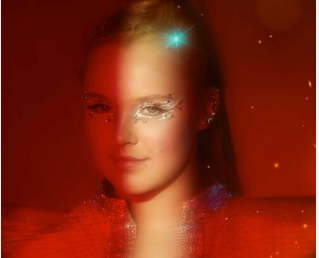
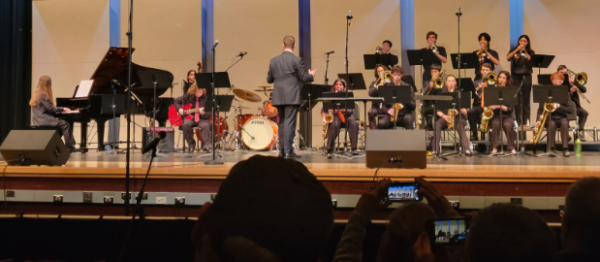
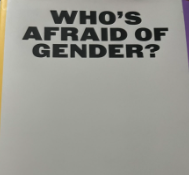
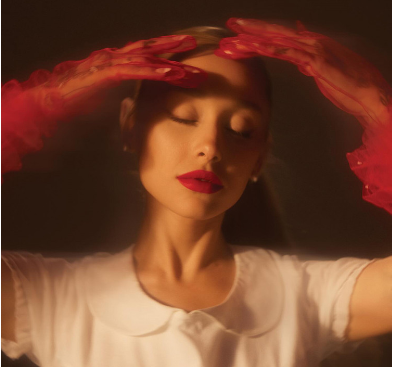
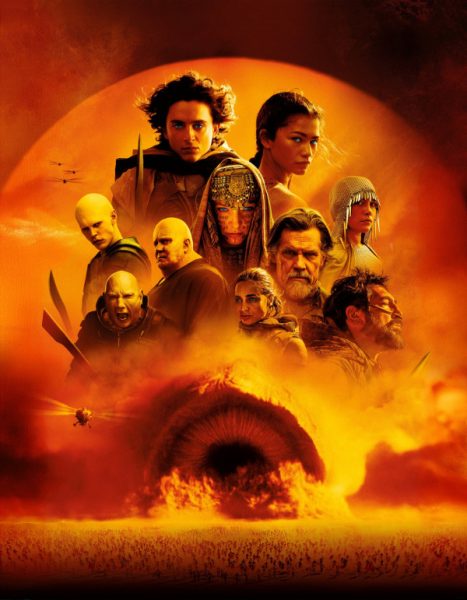

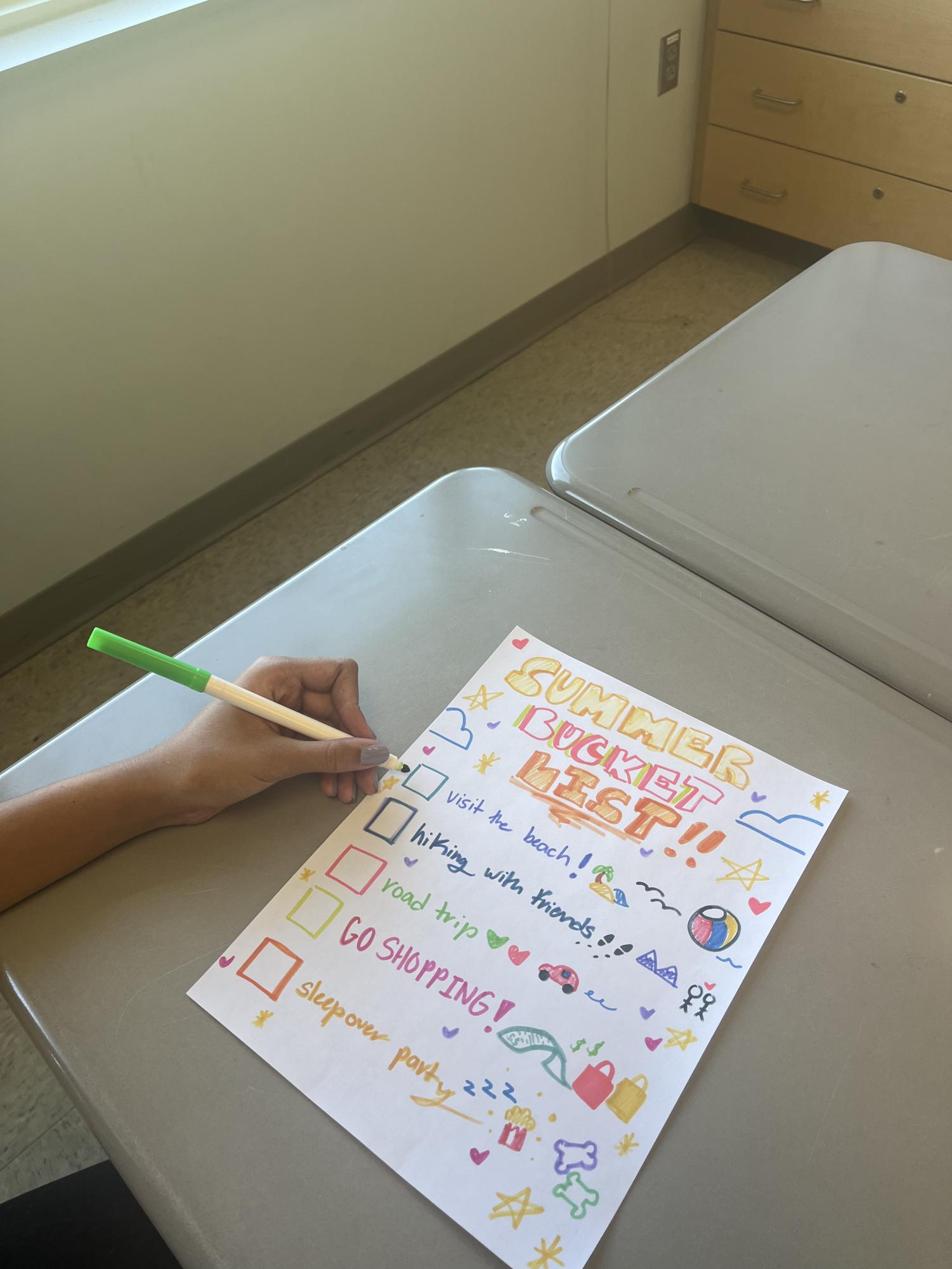
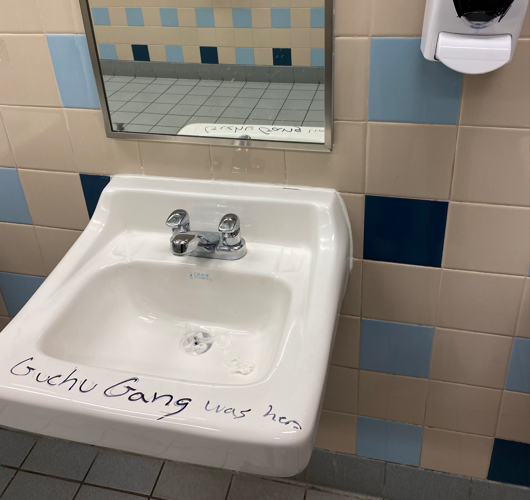
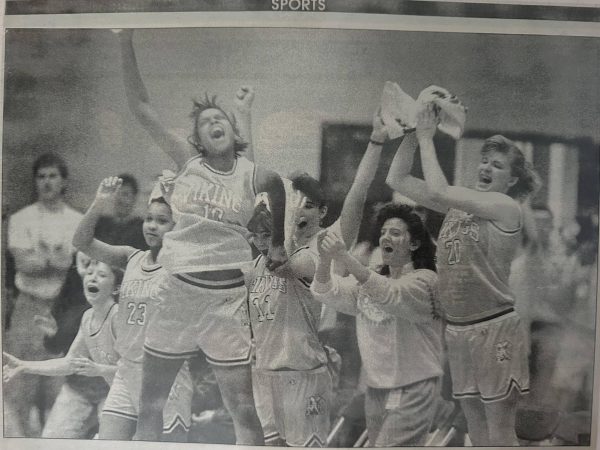
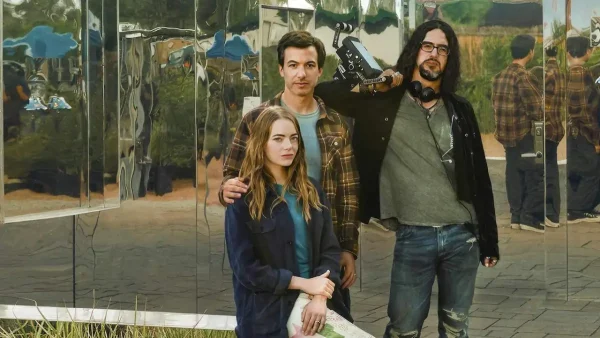



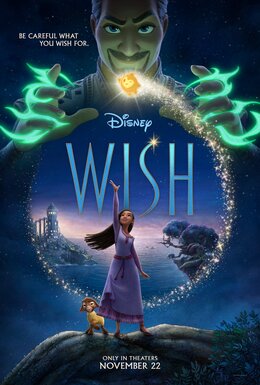

Thomas R Hull • Jan 23, 2021 at 9:52 am
So true and well written!